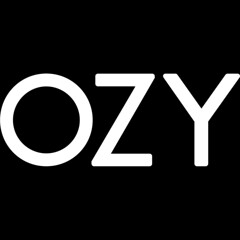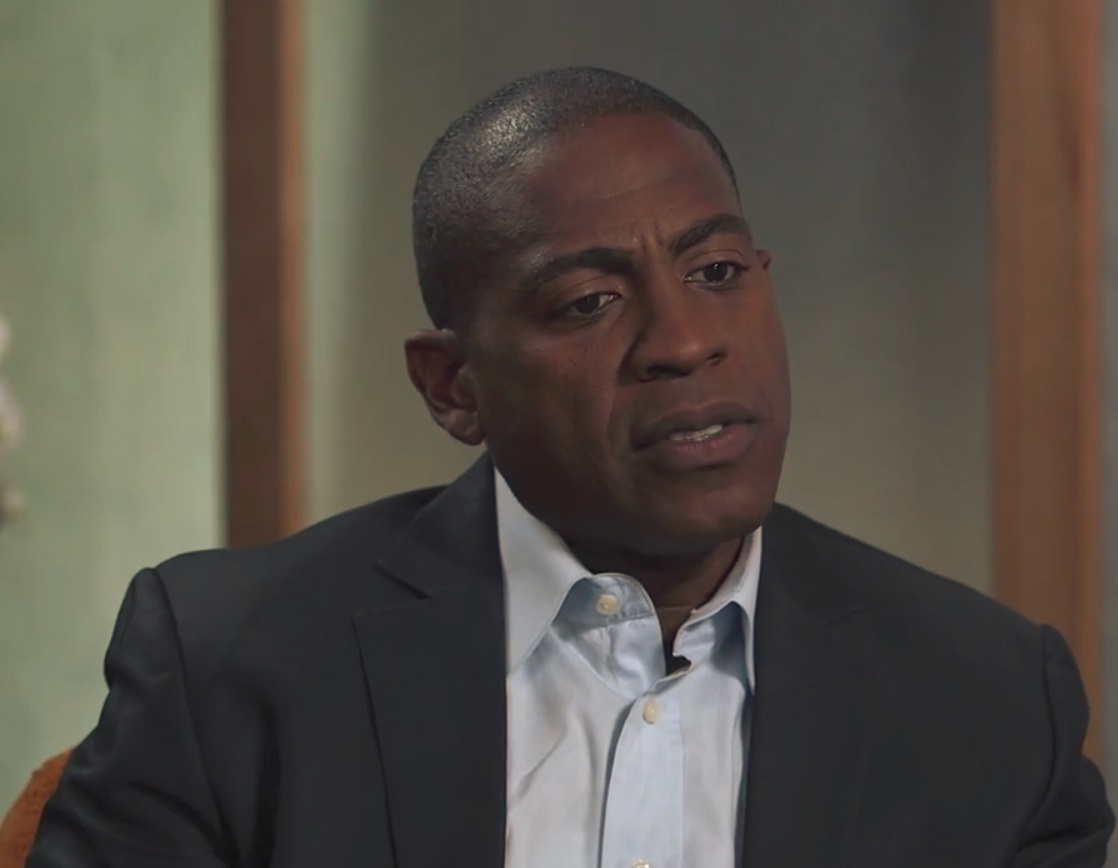Ozy Media’s sudden collapse under fraud allegations points to a larger, media-wide problem: how to make a profit while giving the public the information they need.
Ever since the Internet enabled an explosion of news, news-flavored opinion, and editorial entertainment content into our lives, news media has faced a constant challenge. How can they stay true to journalistic integrity, capture our attention, and make money at the same time? Ideally, the best way to climb to the top of the heap is to present well-researched, important news to a long attention-span public that cares deeply and is willing to pay for high quality investigative content. Unfortunately, unicorns like this are pretty rare in our culture. That leaves a number of less ethical paths to success, with media companies often having to compromise one way or another. Consider the recent, sudden fall of Ozy Media, collapsing under allegations of fraud.
As September came to a close, the New York Times printed a series of articles following an investigation into Ozy Media and its founder and CEO, Carlos Watson. According to the Times, a February conference call involving Watson and would-be investor Goldman Sachs sounded more than a little odd. Alex Piper, a programming leader at YouTube, was scheduled to join the meeting, but supposedly apologized for being unable to get Zoom working and asked to speak via telephone. Once connected, he was heard to assure the Goldman Sachs investors that Ozy Media was a YouTube hit, racking up an outstanding number of views and earning serious ad revenue.

After the meeting, according to Times sources, Goldman Sachs officials thought Piper’s voice sounded altered somehow. They contacted Piper through YouTube instead of the Gmail address that was given during the meeting, only to learn that Piper had never attended. The “Piper” who phoned in was actually Samir Rao, Ozy Media’s co-founder and chief operating officer. Additionally, according to Social Blade, an analytics firm, Ozy’s YouTube presence is nothing to get excited about. Many of their videos have over a million views, but less than a hundred comments, suggesting that most of the engagement with the channel is fake.
The allegation isn’t unreasonable. Back in 2017, Ozy Media published a series of articles about entrepreneurs serving their communities. The pieces were sponsored by JPMorgan Chase, which was delighted when those articles were some of the most-viewed pages on Ozy’s site, drawing significant click-through traffic back to JPMorgan. Later, it came out that Ozy Media had paid for the traffic, not only on JPMorgan’s sponsored content but across the board, including content sponsored by Amazon and Visa. The purchased clickthroughs were generated by a systematic process that loads webpages without human intervention, a tactic considered fraudulent by industry standards.
On the Internet, readers generally expect content to be free. In order to provide a cost-free experience, most sites sell ads to earn enough revenue to pay writers, rent, internet providers, and all the other costs of doing business. Ad buyers are the real (paying) customers in this system, with readers (and their eyeballs) being products sold to the ad buyers, lured in by (hopefully) useful content. But what happens when the content simply isn’t that interesting, or is unable to generate the number of clicks that make it profitable, especially when the Internet is wide and deep, full of a multitude of distractions that seemingly conspire to draw eyeballs away from a hopeful startup like Ozy Media? One path is to “fake it until you make it,” inflating the numbers until the buzz draws real people in. If they come, the fudge was justified, but what is extended puffery, if it is not fraud?
Another way to draw attention and go viral is to generate outrage, which causes other problems. Consider the recent revelation that as the Trump administration was winding down (for everyone except Mr. Trump), Gen. Milley phoned his counterpart in China to reassure him that the President of the United States wouldn’t launch a surprise, unprovoked attack in a move that would practically guarantee a war and millions of dead. Milley was doing his job, just like many loyal bureaucrats in his position have done, especially since the Cuban missile crisis showed what, exactly, could go wrong. Unfortunately, it was perfect fodder for some profit-motivated news outlets to manufacture into a scandal, because outrage spawns engagement like nothing else. When polarizing content (whether true or ginned up) is the likeliest to go viral, and media outlets need their content to explode in order to be able to pay their rent, is it any surprise that it snowballs to the point where, right now, more than half of Trump voters (and 41% of Biden voters) are ready to split the country in two?
When people must be reminded that getting vaccinated against COVID-19 is the right decision despite the media telling them it’s the right decision, something has gone terribly rotten. The media has a real problem, which, as the watchdogs of democracy, they need to solve fast. When throwing up a paywall means that the non-paying majority of readers won’t be able to access informational content, and the best way to generate ad revenue is to bring the United States to the brink of Civil War 2.0, Ozy Media’s strategy of simply paying for robots to click on ads and (allegedly) impersonating people to soothe potential investors seems almost quaint, no?
Do you have a better solution for a society badly in need of factual information, honest investigations and useful context, but which is unwilling or unable to pay to access it, especially when it may not be what they prefer to hear?
Related: Should the State Register Fact-Checkers?


Join the conversation!